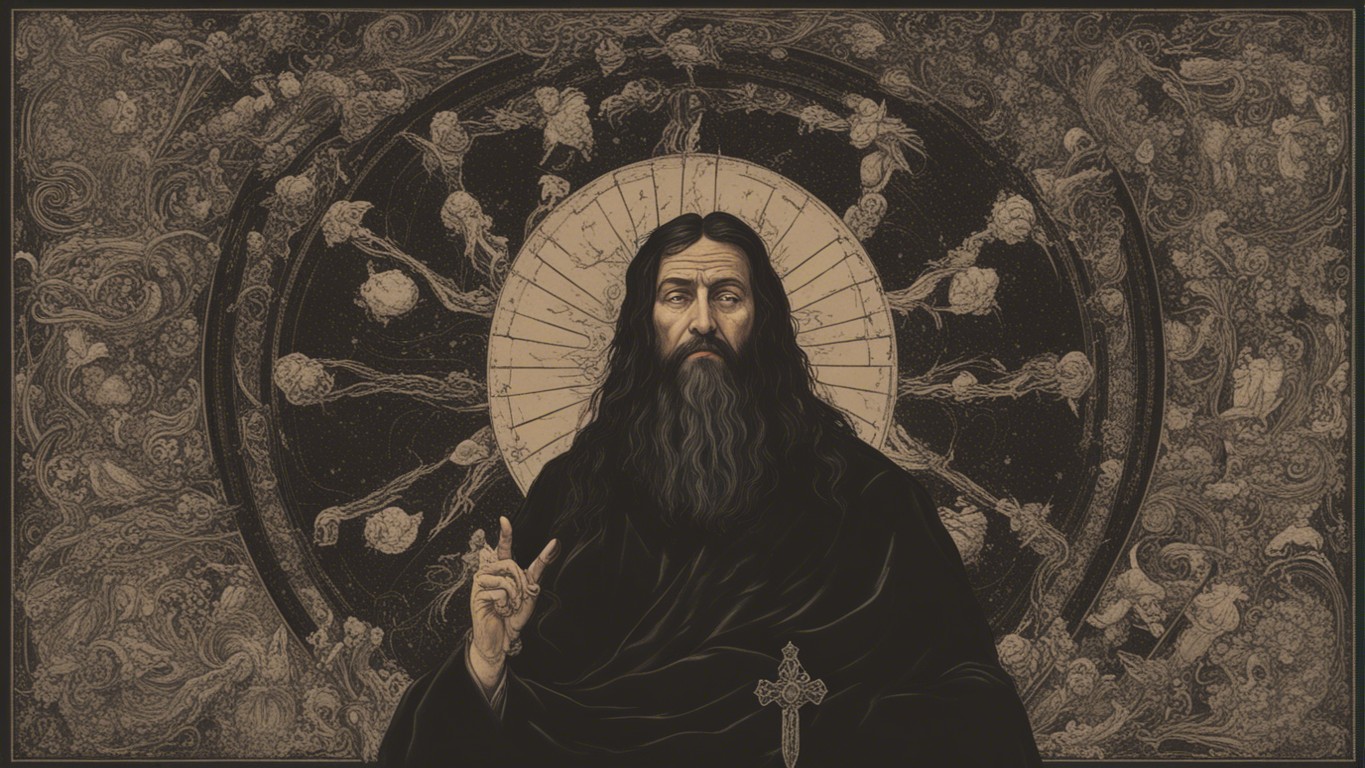The Birth of a Cult:
The Apostle of Infinite Love, also known as “The Order of the Magnificat of the Mother of God,” began its operations in the 1960s in Quebec, Canada. It was founded by Jean-Gaston Tremblay, who later took the name “John Gregory of the Trinity.” Claiming to be the reincarnation of Pope Gregory XVII, Tremblay set the stage for one of the most notorious cults in Canadian history.
“Under the guise of religious devotion, Tremblay constructed a community that was rife with manipulation and control,” remarked historian Claire Dupont.
Doctrine and Practices:
The group upheld strict religious doctrines and practices. Members lived in communal settings, leading a life of austerity and devotion. Tremblay’s word was considered the ultimate truth. He emphasized the impending end of the world and presented himself as the sole spiritual guide for salvation, thereby ensuring unwavering loyalty from his followers.
“The blend of apocalyptic predictions and Tremblay’s proclaimed divine status made for a potent mix, ensuring his control over the cult,” noted cult expert Dr. Richard Lawson.
Allegations of Abuse:
Over the years, numerous allegations emerged from former members and their families. These included claims of physical and psychological abuse, sexual exploitation, and even the forced separation of children from their parents. The secluded nature of the community and Tremblay’s hold over his followers made it challenging to verify and address these claims initially.
“The insular nature of the Apostle of Infinite Love’s community made it a haven for unchecked abuses,” commented journalist Lisa Gerard.
Legal Scrutiny and Public Outcry:
As stories about the cult’s activities began to reach the public, there was a growing outcry. Law enforcement agencies and child protection services launched investigations. In the late 1990s and early 2000s, the group faced increased legal scrutiny, leading to arrests and charges against some of its leaders, though Tremblay often managed to evade major legal consequences.
“The legal actions against the cult were a step in the right direction, but many felt that justice was only partially served,” said legal analyst Marc-Andre Dubois.
Decline and Legacy:
With the increased legal pressure and negative publicity, the influence of The Apostle of Infinite Love began to wane. By the time of Tremblay’s death in 2011, the group’s activities had significantly diminished. However, the memories of those affected and the disturbing legacy of the cult remain.
“While the Apostle of Infinite Love may no longer be active in the same way, its impact on its victims and the broader community is a somber reminder of the dangers posed by unbridled cultic power,” concluded sociologist Dr. Emily Thompson.
